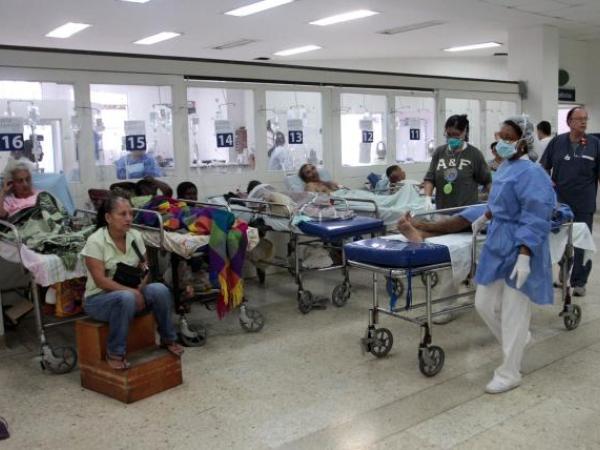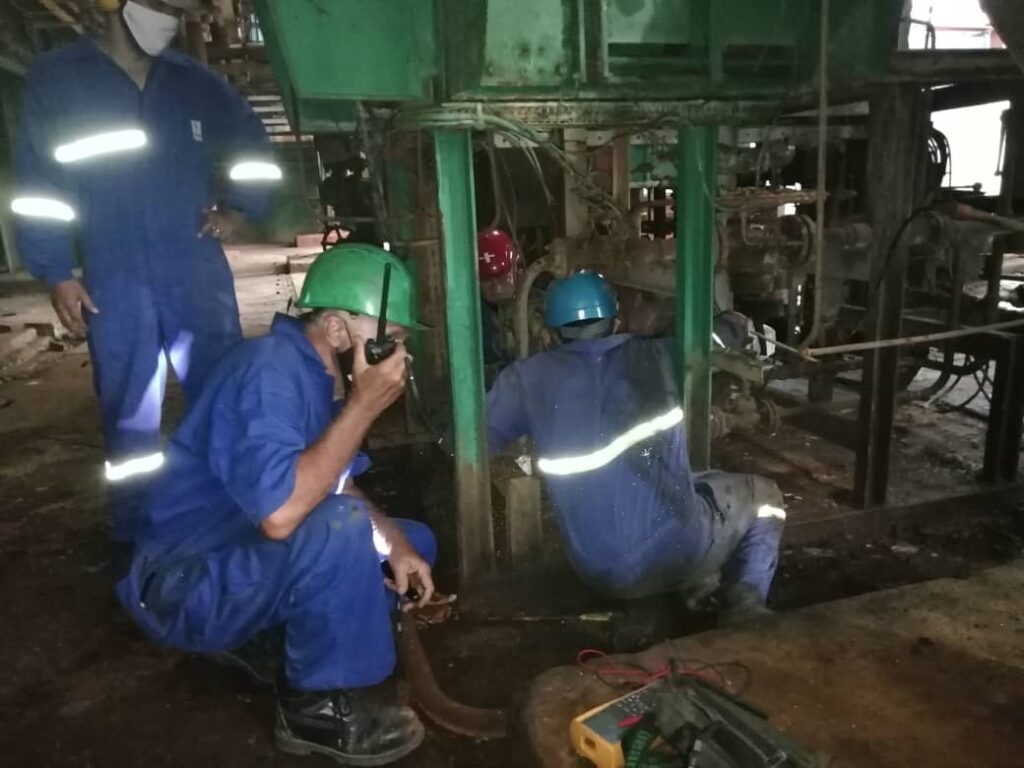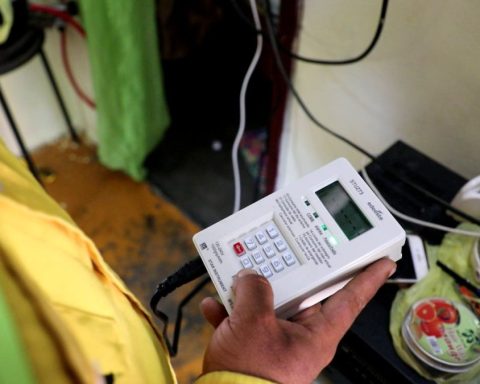The plans of the Petro Government regarding health are already taking shape. The first president confirmed this Thursday, within the framework of the XXI Summit of Asocapitales, that on Monday the articles of the Health reform will be finally filed before Congress. However, there is still a counterpoint within the sector due to the way in which the project is being considered, of which the text is not yet known. The debate in the sector lies in a cloud of uncertainty, since the technical opinion of actors such as doctors, former employees or the EPS themselves was not taken into account. In fact, a group of ex-ministers and ex-deputy ministers filed a petition before the Ministry of Health, in order to know and discuss the points of this.
(Health reform: the project will be filed on February 13).
According to what little has been said, this bill seeks to recover the public management of public resources, the dignity of workers and workers and the consolidation of a primary care model, in Colombia as the basis of the system.
“This is a law that restructures, it does not end, it does not destroy the general system of social security in health. They are going to be some modifications on what was built. Health systems evolve all the time”, indicated the Minister of Health, Carolina Corcho, in a forum with the National Academy of Medicine. However, she stated that it has been very difficult to submit the reform to socialization, because around it there has been a campaign of “disinformation” That has generated a lot of uncertainty.
(The counterpoint grows in the country for the health reform).
Additionally, regarding the possible elimination of the EPS, the minister also stated that the reform of “build on what has already been done, since it was one of the great contributions of law 100”. For this reason, Corcho affirms that there has been a confusion between the administration of the system with the social insurance. “Here what is being considered is the modification of the administration of the system, but not the insurance.”
Both the minister and Petro have assured that they are working on the drafting of the last points.
On the other hand, the Minister of Education, Alejandro Gaviria, who was also Minister of Health (2012-2018), He has made reference to his concerns regarding the little that is known about the possible reform. The official assured that without a clear diagnosis, nor an answer to the questions raised regarding the bill, “a lot of damage” can be done.
Hand in hand with the presentation of the Health reform, the Government filed last Monday the draft of its National Development Plan, which outlines some of the changes sought for the sector. In the base document it is proposed to advance “Towards a guaranteed, universal health system, based on a preventive and predictive health model”.
And the articles, for example, contain several points related to the sector, such as article 125, which proposes that the Administrator of the Resources of the General System of Social Security in Health (Adres) carry out the direct transfer of the resources of the Units of Payment by Capitation (UPC) of the contributory and subsidized regimes, to the institutions and entities that provide said services, that is, the IPS or hospitals.
(Former Ministers of Health filed the right to petition for the reform).
In addition, article 127 establishes that the Nation will co-finance the health care of the unaffiliated migrant population, and in article 129, that any obligation that the territorial entities have with the Nation for resources that have been assigned to them will be forgiven. for the payment of debts recognized and not paid in the subsidized regime. This is to guarantee the continuity of health services and encourage investment in the public hospital network. In addition, article 289, which grants extraordinary powers to the President, contemplates the possibility of “to acquire the infrastructure that corresponds to the San Juan de Dios Hospital-Maternal and Child Institute, free of charge or for consideration, and create the public entity of the executive branch of the national order that uses said infrastructure for the provision of health services and/or research in health”.
Among the greatest controversies of the Development Plan is the direct transfer to hospitals, instead of transferring resources through the EPS.
Said article has been criticized because, according to experts, it would be the beginning to eliminate the EPS.
(Health reform: new objections that the government project has).
In this regard, the former Minister of Health, Beatriz Londoño, pointed out that the article is viable to be in the PND and that it was something that had already been proposed in previous governments. However, she questioned the capacity of the State to assume such a role. “At no time is this article saying that Adres is going to be the payer or is going to audit, but rather that its role as the entity in charge of revolving is going to be expanded. It must be taken into account if Adres is capable of fulfilling that function ”, Londono emphasized.
DIANA K. RODRIGUEZ T.
LAURA LUCIA BECERRA ELEJALDE

















